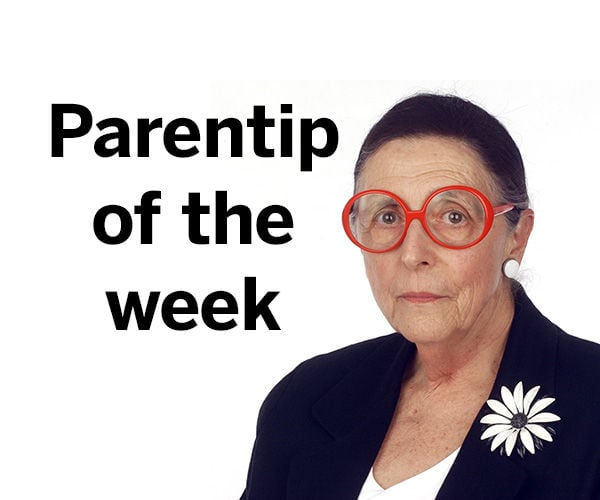I covered the gifts of poetry and fiction in my last column. The third gift I would love to magically bestow on every child is the gift of classical music.
When I was growing up (in a definitely non-affluent neighborhood) it seemed every house had a piano and nearly every child took piano lessons. Families who could not afford to buy a piano rented one. I practiced on my grandmother’s old upright in her flat below. It’s sad that we no longer find a piano in every home. And it’s sadder that many school districts have eliminated or de-emphasized music and art.
I stand firm in my opinion. All children should be exposed to music at home and in school. Ideally every child would learn to sing, read music and play an instrument well enough to have fun. Music enriches our lives, enhances self-expression and teaches us discipline. Music even increases the connections in our brain.
Neuroscientists looked at the possible relationship between playing a musical instrument and cortical thickening in the brain. Musical training increases connections in the motor areas of the cortex that control and coordinate movement. This is to be expected — think about how fast a professional pianist’s hands fly over the keyboard.
In addition, musical training is correlated with thickening of the brain’s cortex in the areas of executive function, inhibitory control and processing of emotions. Thinning in these areas is correlated with anxiety, depression and lack of attention. This explains why listening to and playing music can help people deal with emotions, and lead us to expect that music lessons might help a child reduce anxiety and gain control over powerful emotions.
Learning to play a musical instrument gives children not only a new skill but also a way to express themselves. They learn patience, especially important in these days of instantaneous touch-screen responses. Playing in front of others teaches poise and helps conquer fears of being “on stage.” When I am upset, listening to music can be a soothing, non-chemical therapy for me. I no longer play but many of my more talented friends play an instrument when they are upset.
Why classical music? All music is good for kids. There is plenty of evidence that prehistoric humans made music. Drumming on a log with a stick was probably an intuitive act but I salute the first man who cut holes in a reed to make a primitive flute! Listening to and playing all forms of music should be encouraged in children. They love the rhyme, rhythm and repetition of children’s songs like “Row, Row, Row Your Boat.”
Classical music has qualities that are especially good for babies and children. Studies have shown that playing classical music to children boosts their concentration and also improves their listening to what others say and their social skills. Children exposed to classical music early are more likely to appreciate a wider range of music in later years.
Composer Mark Niekrug, quoted in the Huffington Post, advocates exposing young children to classical music early, especially nowadays. “I’m concerned about a world in which there is an almost corporate, aggressive move to lower people’s attention spans, so that your brain actually can’t focus for more than half a minute on anything without needing some other stimulus. That’s terrifying. How do you even absorb and learn things? How do you expect kids to do well in school?” He adds classical music can help young children focus. “Great music can do that, because you’re drawn into what you’re listening to.”
WQXR, the classical music station I listened to when I lived in New York, told listeners that the German transportation minister released an “Adagio in the Automobile” CD consisting of slow movement Mozart piano concertos hoping it would reduce aggressive driving on his country’s autobahns. The station next mentioned the five salutatory side effects of classical music: lowering blood pressure, relieving pain after surgery, making you more sensitive to emotions, helping you sleep and maybe even making you smarter. They ended the program with, “WQXR is not a doctor. We only play one on the radio.”
Don’t know classical music? Take advantage of the great live music available in Tucson like the Tucson Symphony Orchestra, the Arizona Opera, Tucson Friends of Chamber Music, True Concord and the many others, plus all the wonderful offerings of the University of Arizona School of Music. You can find almost everything ever recorded on the Internet or at the library. Try it, you may like it.
Recent email from my son: “Joshua (almost 4) has developed a recent affection for classical music and often asks for it when we are driving. Last night I played a video of Bernstein conducting Beethoven’s 5th.”
Dad: Watch — that guy is going to walk out in front of the orchestra holding a thin white stick and everyone will clap. Josh: What is the stick for? Dad: He is the conductor. He keeps time with the stick so everybody knows how fast or slow to play. Josh: Wow, look all those people have a stick too! Dad: Those are not sticks, Joshua, those are bows; the violin is a bowed instrument. Josh: What’s that big instrument? Dad: That’s a bassoon. Josh: Can you buy me one? Dad: Sure someday. Josh: Great, then you can play your guitar and I can play my bassoon and we can play music together … and mommy will use the stick! (Grandma’s editorial comment: Josh knows both how an orchestra works and who runs things at home.)
Give your children (and grandchildren) the gift of classical music — and start early!





